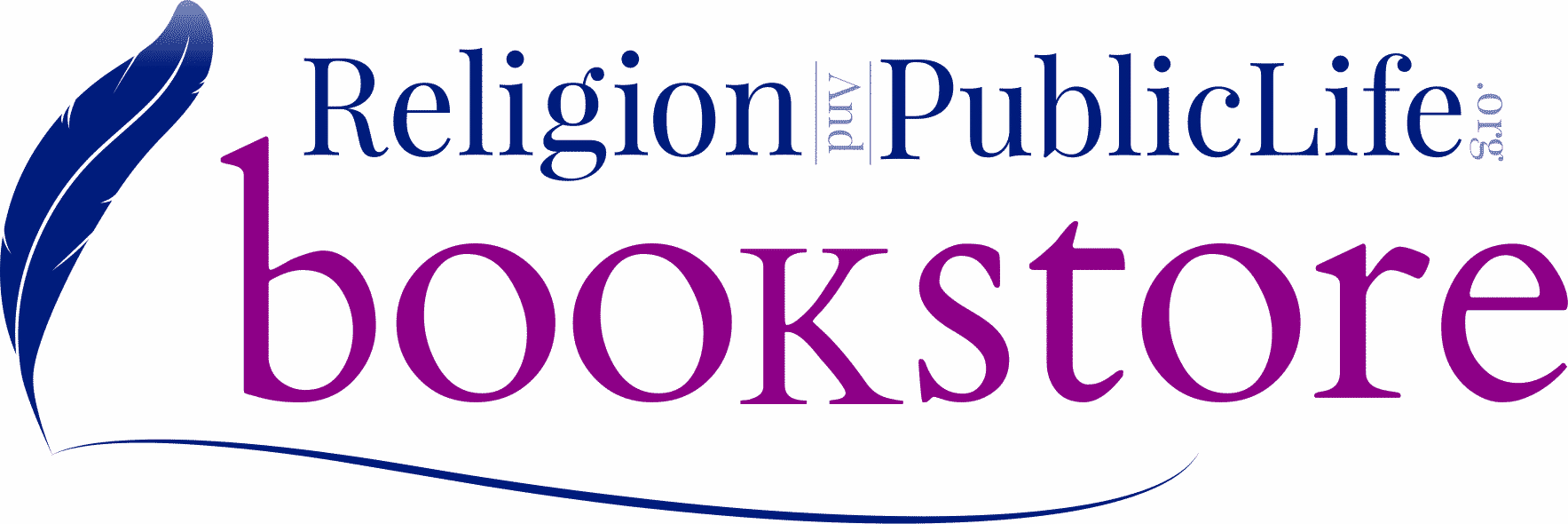The American idea is rooted in a vision that people from varied religious and ethnic backgrounds can unite to create a single nation: E Pluribus Unum, “Out of Many, One.” Consistent with this idea, the Inclusive America Project at the Aspen Institute has built this course to help community leaders cultivate a thriving American religious pluralism. The course will equip leaders with tools for how to promote and protect everyone’s rights, freedoms, and safety to worship, or not, according to their conscience. Religious pluralism isn’t just a nice idea – it’s critical to the health of our democracy and society.
Login
Accessing this course requires a login. Please enter your credentials below!




